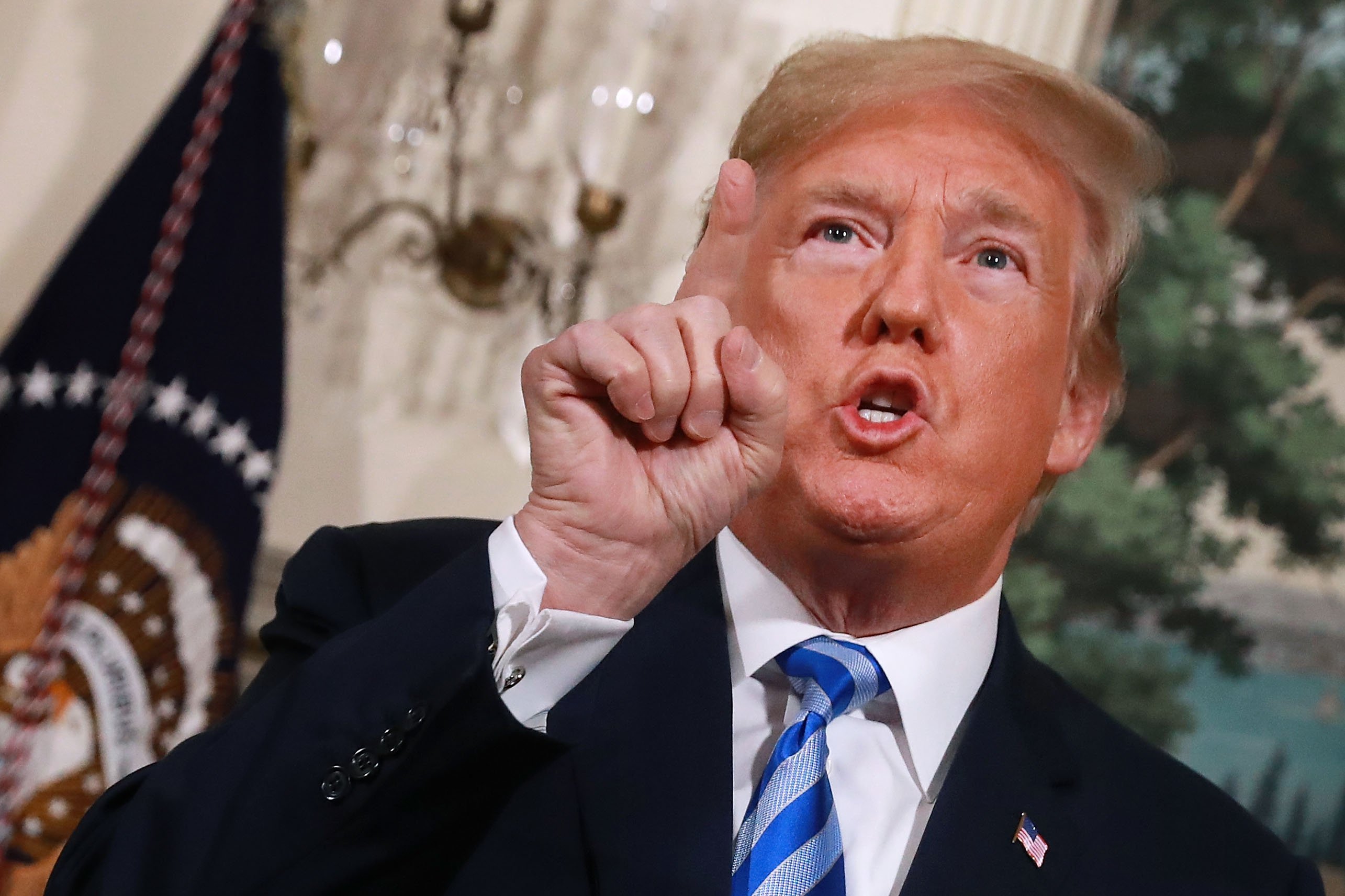The United States Department of Homeland Security (DHS) proposed fixed time limits could restrict some international students including those from Nigeria, from admission of more than two years.
If approved, international students, exchange visitors and foreign information media representatives will find it difficult obtaining visas for a four-year course in the US.
Under DHS’s new proposal, students from Afghanistan, Benin, Bhutan, Burkina Faso, Burundi, Cameroon, Central African Republic, Chad, Congo (DRC) Congo, Côte d’Ivoire, Djibouti, Equatorial Guinea, Eritrea, Ethiopia, Gabon, The Gambia, Ghana, Guinea, Guinea-Bissau, Guyana, Haiti, Iran, Iraq, Kenya, and Kosovo would be banned from getting student visas longer than two years.
Others are Kyrgyzstan, Liberia, Libya, Malawi, Mali, Mauritania, Moldova, Mongolia, Nepal, Niger, Nigeria, North Korea, Papua New Guinea, Philippines, Rwanda, Samoa, Senegal, Sierra Leone, Somalia, South Sudan, Sudan, Syria, Tajikistan, Tanzania, Togo, Tonga, Turmenistan, Tuvalu Uganda, Uzbekistan, Vietnam, Yemen and Zambia.
Though valid status document provides legal grounds for students to continue their study in the US whether or not their student visas have expired, the DHS said its decision to institute fixed time periods for certain visitors is to “encourage program compliance, reduce fraud and enhance national security.”
The statement read in part;
“A key goal of shifting aliens in F status from D/S to an admission for a fixed time period is to provide pre-defined time periods for immigration officers to evaluate whether a nonimmigrant has maintained his or her status.
“If an immigration officer finds that an alien violated his or her status prior to or during the course of an EOS adjudication and denies the EOS request, the alien generally would begin accruing unlawful presence the day after issuance of the denial.”
The DHS added that the proposed rule seeks to reduce instances in which F, J, and I nonimmigrants, mostly students and exchange visitors “unlawfully remain in the United States after their program or practical training, ends.”







